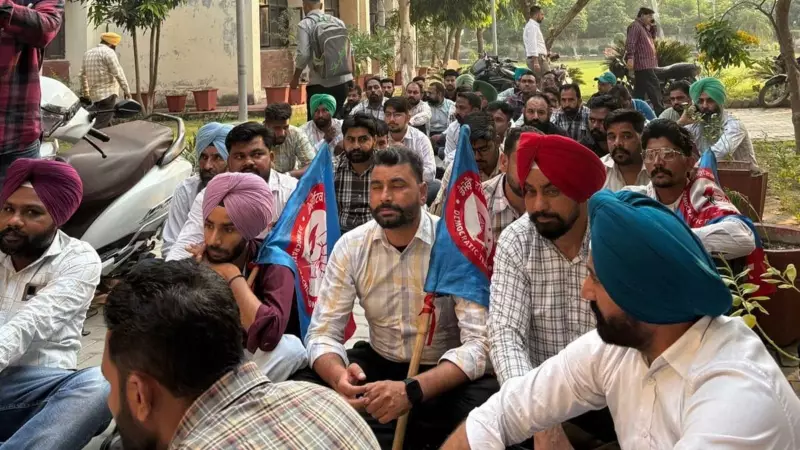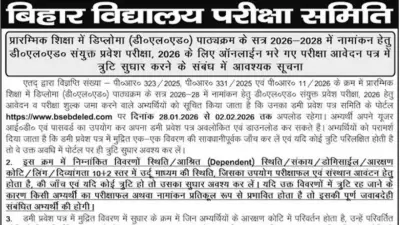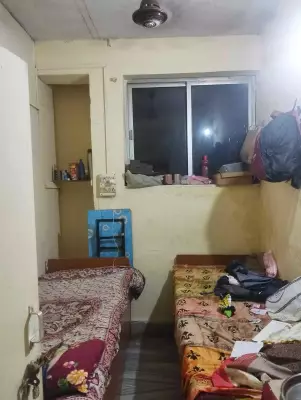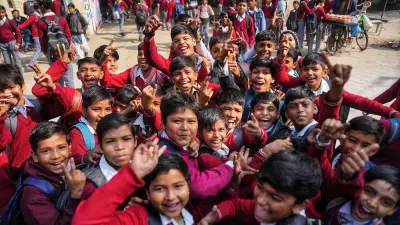
In a significant victory for educators across Punjab, the state government has been forced to withdraw its controversial decision to assign stubble burning monitoring duties to teachers. The order, which had sparked widespread protests from the teaching community, has been officially rolled back in Ferozepur district.
Backlash Forces Administration to Rethink
The Ferozepur district administration had initially issued orders requiring teachers to participate in field inspections and monitoring activities related to stubble burning. This move was part of the government's efforts to combat the annual air quality crisis that grips northern India during the winter months.
However, the decision met with immediate resistance from educators who argued that such duties were outside their professional responsibilities and would adversely impact their primary role of teaching students.
Teaching Community United in Protest
Teachers across Ferozepur district organized strong protests against what they termed as "non-academic duties" being imposed on them. The education community expressed concerns that these additional responsibilities would:
- Disrupt regular academic activities and classroom teaching
- Compromise the quality of education delivered to students
- Place unnecessary burden on already overworked teaching staff
- Divert attention from their core educational mission
Administrative Reversal Amid Growing Pressure
Facing mounting pressure from teacher unions and education advocates, the Ferozepur district administration officially withdrew the controversial order. The reversal came after sustained protests highlighted the impracticality of expecting teachers to handle environmental monitoring duties alongside their educational responsibilities.
The withdrawal marks another chapter in the ongoing debate about assigning non-teaching duties to educators, a practice that has repeatedly drawn criticism from educational experts and teacher associations across India.
Broader Implications for Stubble Burning Crisis
While the immediate crisis for teachers has been averted, the incident highlights the continuing challenges faced by state governments in addressing the stubble burning problem. The annual practice of burning crop residue remains a significant contributor to air pollution in northern India, particularly affecting the National Capital Region.
The government's attempt to involve teachers in monitoring efforts underscores the administrative desperation to find effective solutions to this persistent environmental issue.
The resolution of this conflict demonstrates the power of collective action by professional communities while raising important questions about how best to tackle complex environmental challenges without compromising educational priorities.





